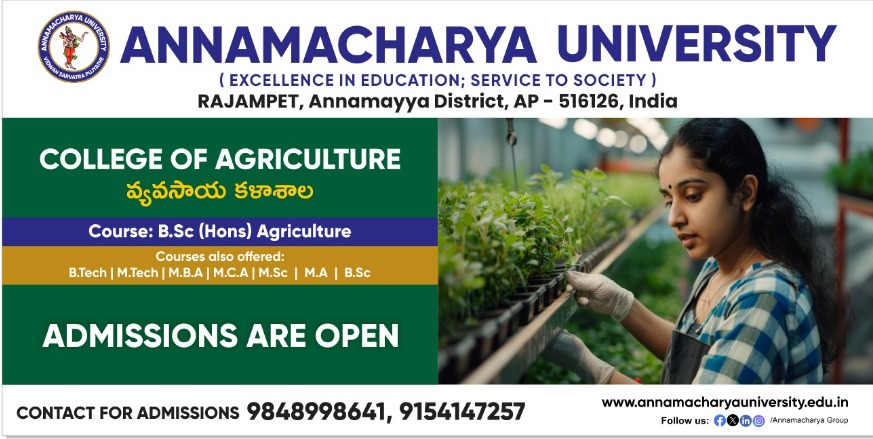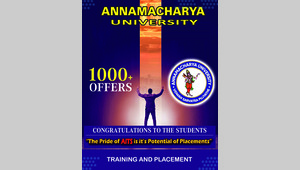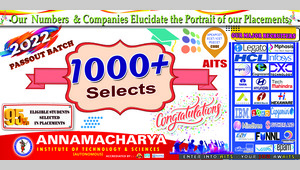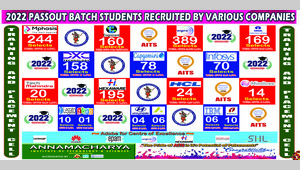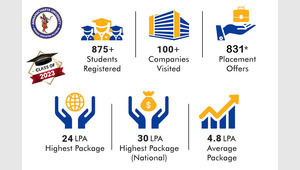Department
Artificial Intelligence & Machine Learning
Publications
University conferences offer valuable opportunities for students to engage in academic and professional development. These events can vary widely in focus and scope but generally provide a platform for students to present their work, network, and gain insights into their fields of interest. Here’s a breakdown of the types of conferences and their benefits:
- Academic Conferences
- Research Presentations: Students can present their research findings, participate in poster sessions, or engage in discussions about their projects.
- Workshops and Panels: These often include workshops on research methods, academic writing, and data analysis, as well as panels featuring experts and researchers.
- Networking: Students can connect with faculty, researchers, and peers from other institutions, potentially leading to collaborative projects or future academic opportunities.
- Professional Development Conferences
- Career Workshops: These conferences may offer sessions on resume building, job searching, interview skills, and career planning.
- Industry Panels: Students can hear from professionals in their field about industry trends, career paths, and emerging technologies.
- Networking: Opportunities to meet with industry leaders and potential employers, gaining insights into the job market and building professional connections.
- Student-Led Conferences
- Organizational Experience: Students often have the chance to organize and run these conferences, developing leadership, project management, and organizational skills.
- Student Presentations: These conferences typically feature presentations from students on a variety of topics, including research, creative projects, or academic achievements.
- Interdisciplinary Conferences
- Cross-Disciplinary Interaction: These conferences bring together students from different fields to discuss interdisciplinary topics and collaborate on innovative solutions.
- Exposure to New Ideas: Students gain exposure to different perspectives and approaches, broadening their understanding and sparking new interests.
- Regional and National Conferences
- Broader Exposure: These conferences often draw participants from multiple universities and regions, providing students with a wider audience and more diverse perspectives.
- Competitive Opportunities: Students may have the chance to compete in contests, awards, or recognitions that can enhance their academic and professional profiles.
- Specialized Conferences
- Focused Topics: These conferences center on specific fields or subjects, such as environmental science, engineering, humanities, or business, allowing students to delve deeply into their areas of interest.
- Expert Insights: Students can learn from specialists and experts in their field, gaining cutting-edge knowledge and understanding of current trends.
Benefits of Attending and Participating in Conferences:
- Skill Development: Enhances public speaking, presentation, and research skills.
- Academic Growth: Provides feedback on research, introduces new methodologies, and expands knowledge.
- Networking: Builds relationships with peers, mentors, and professionals, which can lead to future collaborations or job opportunities.
- Professional Exposure: Increases visibility in one’s field and can lead to recognition and career advancement.
- Inspiration and Motivation: Exposure to new ideas and innovative projects can inspire students and provide motivation for their own work.
How to Get Involved:
- Submit Abstracts: Look for calls for papers or abstracts and submit your work for presentation.
- Attend: Participate as an attendee to gain insights and network.
- Volunteer: Offer to help with conference logistics or organization, which can provide additional learning experiences.
- Join a Conference Committee: If your university hosts conferences, joining the organizing committee can provide valuable experience.
Overall, conferences are a great way for students to engage with their academic and professional communities, gain new skills, and advance their careers.
